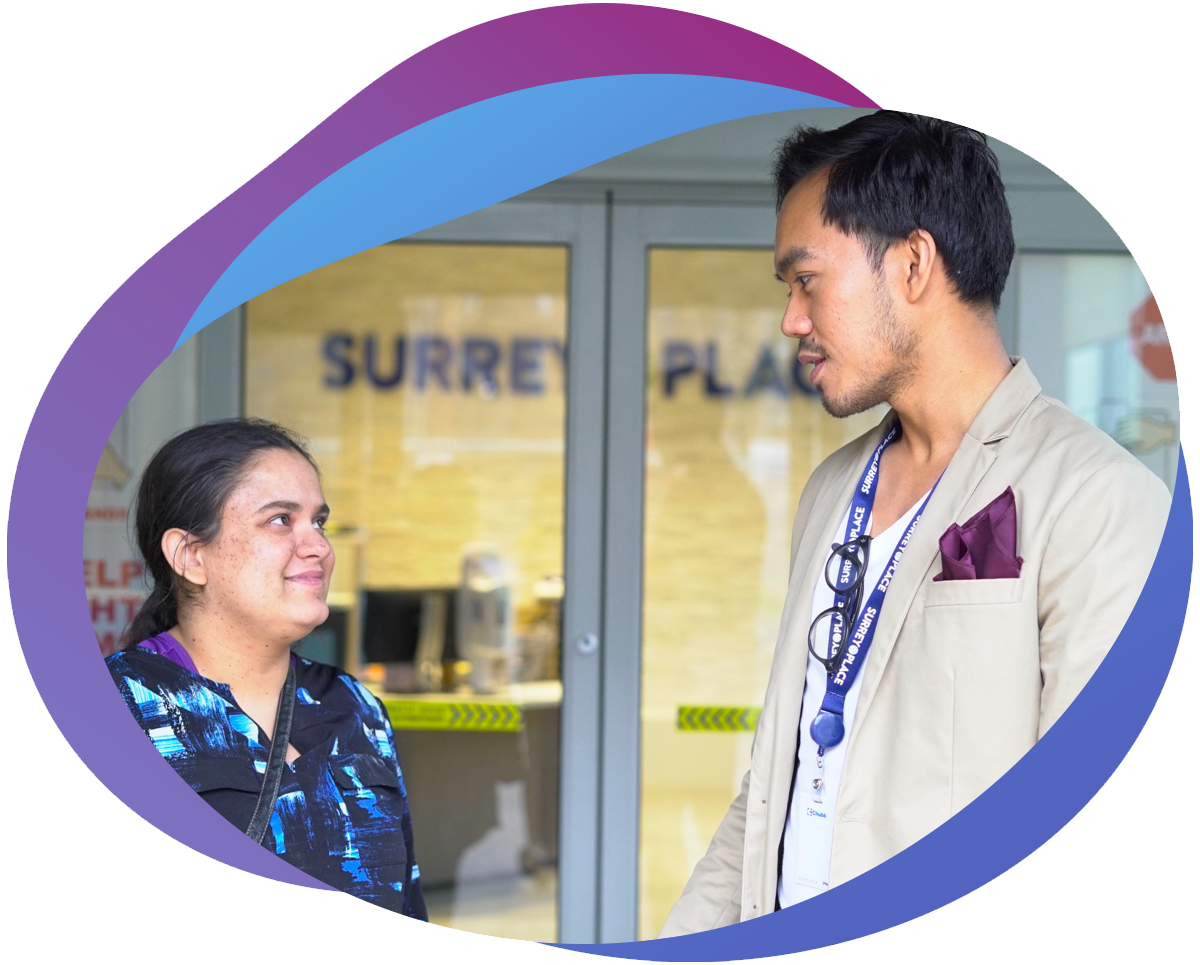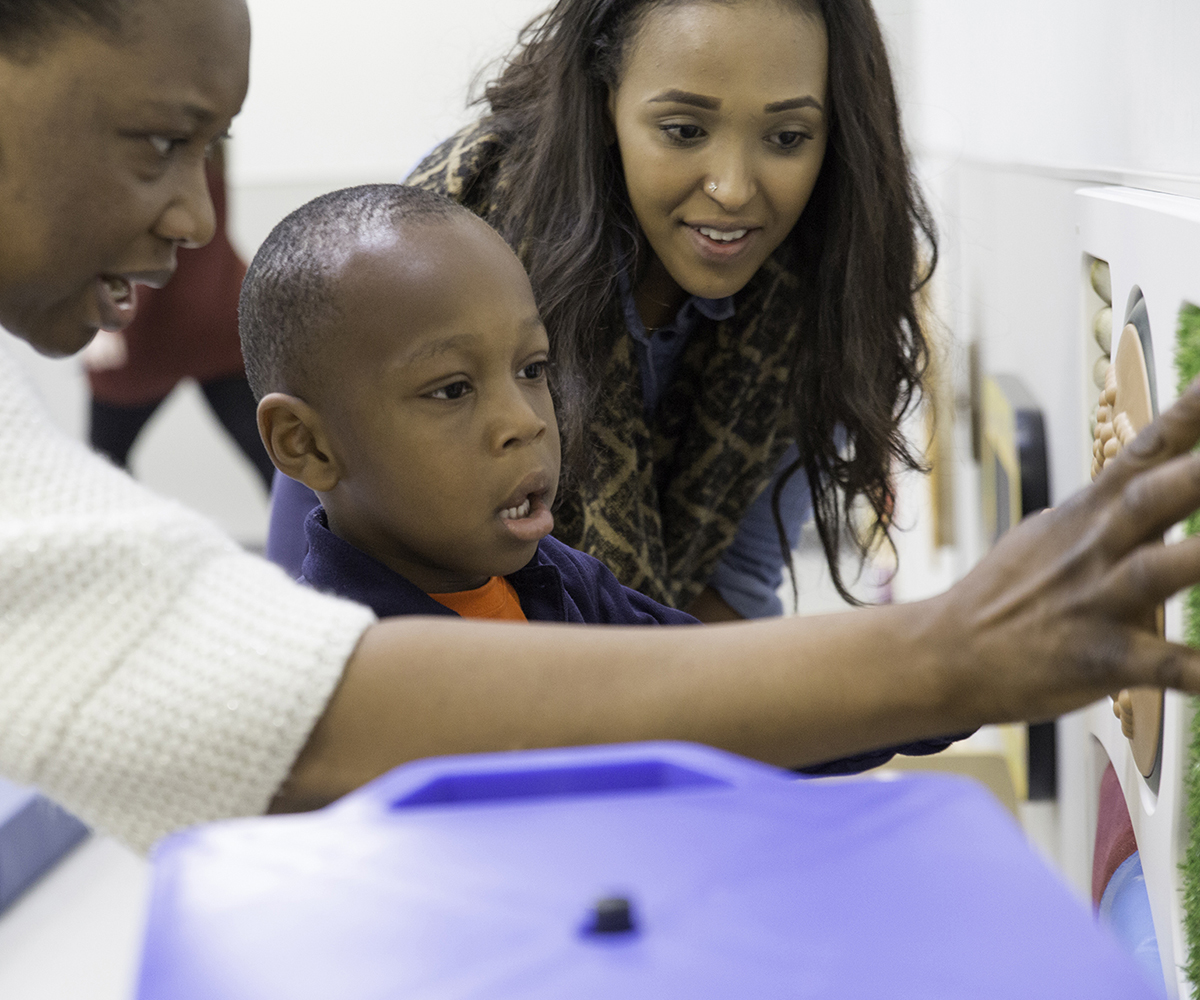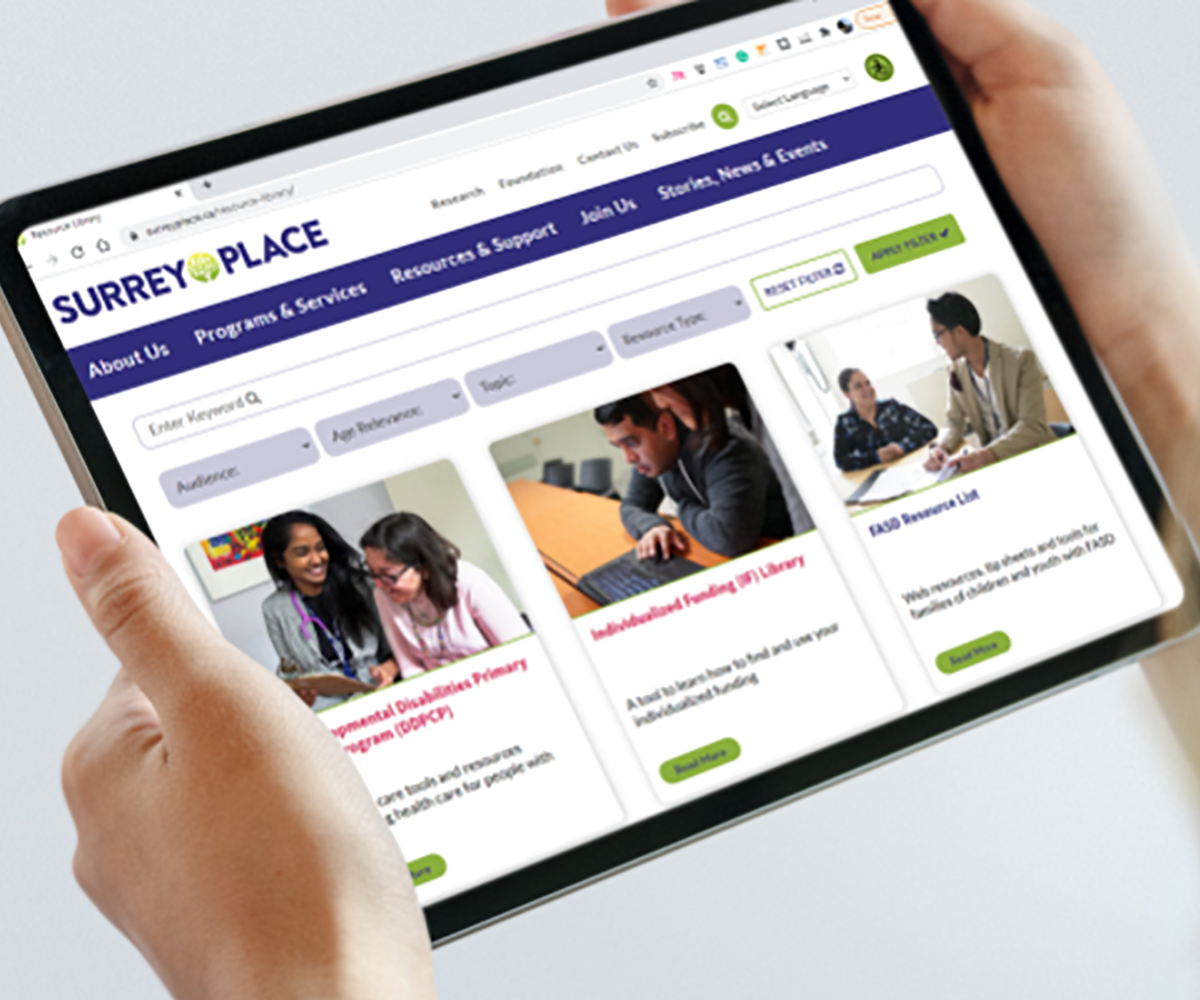DSO Service Navigation
Guiding clients towards the right services and supports
Contact DSO

DSO Service Navigators support adults with developmental disabilities before and after eligibility has been determined. We help our clients navigate the entire process beginning with registration and eligibility and with ongoing information provision, profile updating and service connections.
To apply for DSO services, you must first contact the DSO, by phone, email or online and provide the requested information. If you are found eligible, you will receive a letter and be added to the waitlist for the application package.
Once the application package has been completed, referrals can be made for Ministry of Children, Community and Social Services (MCCSS)-funded services. These can include residential options, Community Participation Supports (CPS) (post-school programs), Family Support Workers (FSWs) and Person-Directed Planning (PDP).
For more information about DSO, please visit www.dsontario.ca.
SUPPORT FOR ADULTS WITH DEVELOPMENTAL DISABILITIES AND THEIR CAREGIVERS
Community Participation Supports (CPS)
Opportunities for adults with developmental disabilities to join their community in employment preparation, skill development, education, volunteering and more.
Person-Directed Planning (PDP)
Support for adults with developmental disabilities and their family and caregivers as they set goals and define a vision of their future.
Residential Services and Supports
A service to help adults with disabilities and their family and caregivers navigate supported living options best suited to their needs.
Specialized Supports
Assessment and treatment options through clinical services, including audiology, behaviour therapy, psychology and communication.
Family Support Worker (FSW)
Helps connect adults with developmental disabilities and their families to resources and supports in the community.
Respite Supports
Provides support for mental health and well-being of families and caregivers by providing a temporary break from the routine of providing care.
Adult Protective Services Worker (APSW)
Case management support for adults with developmental disabilities who live independently and are able to direct their own care.
Ready to Register?
Call 1-855-372-3858

Wellness Events
Did you know that we offer free events for clients, caregivers and professionals?

Resource Library
Find accessible information developed by our clinicians to help you on your journey.